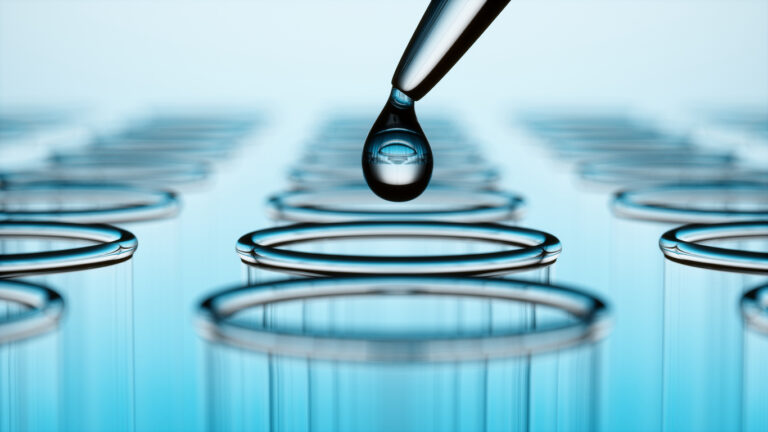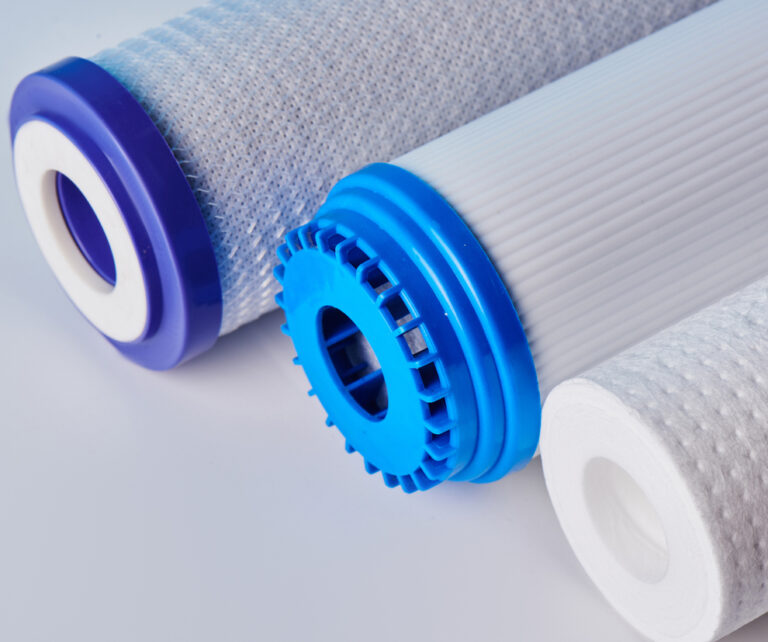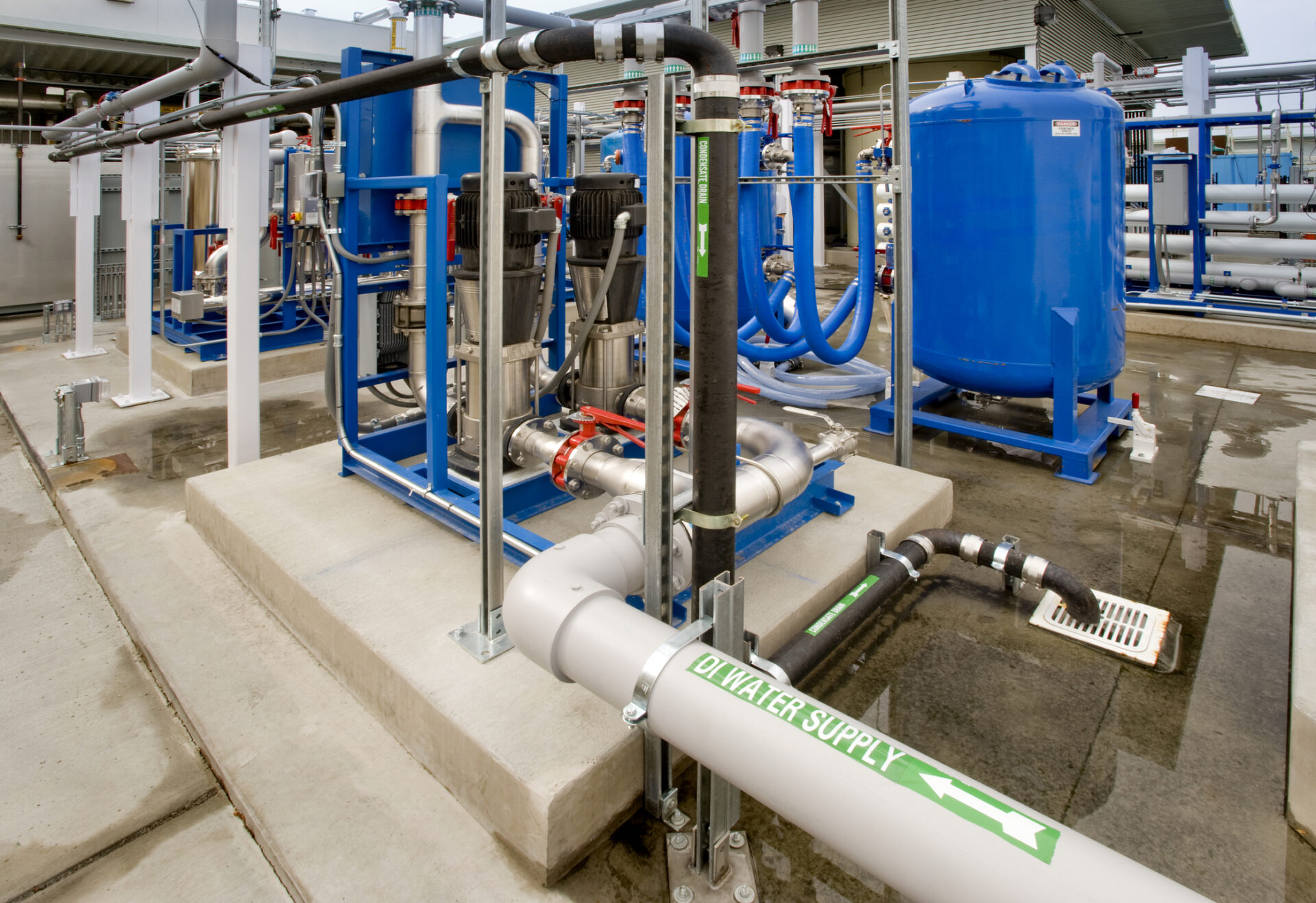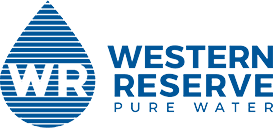Providing The Top Service Water Filtration For Your Industry
- Food & Beverage
- Healthcare & Pharmaceuticals
- Hospitality
- Manufacturing
- Agriculture

Industries

Food & Beverage
From extending the life of your most valuable equipment, to making customers happy with great tasting water, coffee & tea, Western Reserve Pure Water systems provide high-quality water to food & beverage companies for a wide variety of applications.

Healthcare
We offer water treatment solutions designed for healthcare markets, including meeting ANSI/AAMI ST108/2023 standards.

Hospitality
From extending the life of your most valuable equipment, to creating happy customers with soft towels & linens, Western Reserve Pure Water systems provide high-quality water to the hospitality & lodging industries for a wide variety of applications.

ANSI/AAMI ST108 – Are You Prepared?
In 2023, a new standard for water quality in medical device processing arrived, which replaced outdated guidelines and made the bar higher for patient safety. Western Reserve specializes in helping healthcare providers understand and implement water grades for different stages, design systems and monitoring, and working with your water management platform.

End-To-End Membrane Cleaning – Available Nationwide!
Save your time, money and effort by having Western Reserve Pure Water clean your existing membrane. We offer short turnaround time and loaners if needed. Shipping is an easy process, and we offer service and maintenance plans. We have customers anywhere across the U.S.
FAQs
Commercial water filtration systems eliminate various contaminants like sediments, chlorine, heavy metals (such as lead and mercury), organic compounds, bacteria, viruses, and dissolved solids. The specific contaminants removed depend on the filtration technology used, such as activated carbon, reverse osmosis, ultrafiltration, and UV sterilization.
Selecting the right system involves assessing your water quality needs, the volume of water required, and the specific contaminants present in your water supply. Contacting your local water treatment specialist to conduct a water quality test is essential to identifying the contaminants and recommending the correct system to meet your unique water needs.
Maintenance requirements differ based on the system’s type and complexity. Usually, it involves monitoring water quality, replacing filters and membranes, cleaning components, checking for leaks or damage, and conducting routine inspections and preventive maintenance.
Commercial water filtration systems vary in cost based on type, capacity, and technologies used. Basic systems start at thousands of dollars, while more advanced systems can cost tens of thousands or more. It is important to consider upfront costs and long-term expenses when budgeting for a system.
The main benefits of using a commercial water filtration system are improved water quality, protection of equipment from scale and corrosion, cost savings through reduced maintenance and repairs, and compliance with health and safety regulations.

